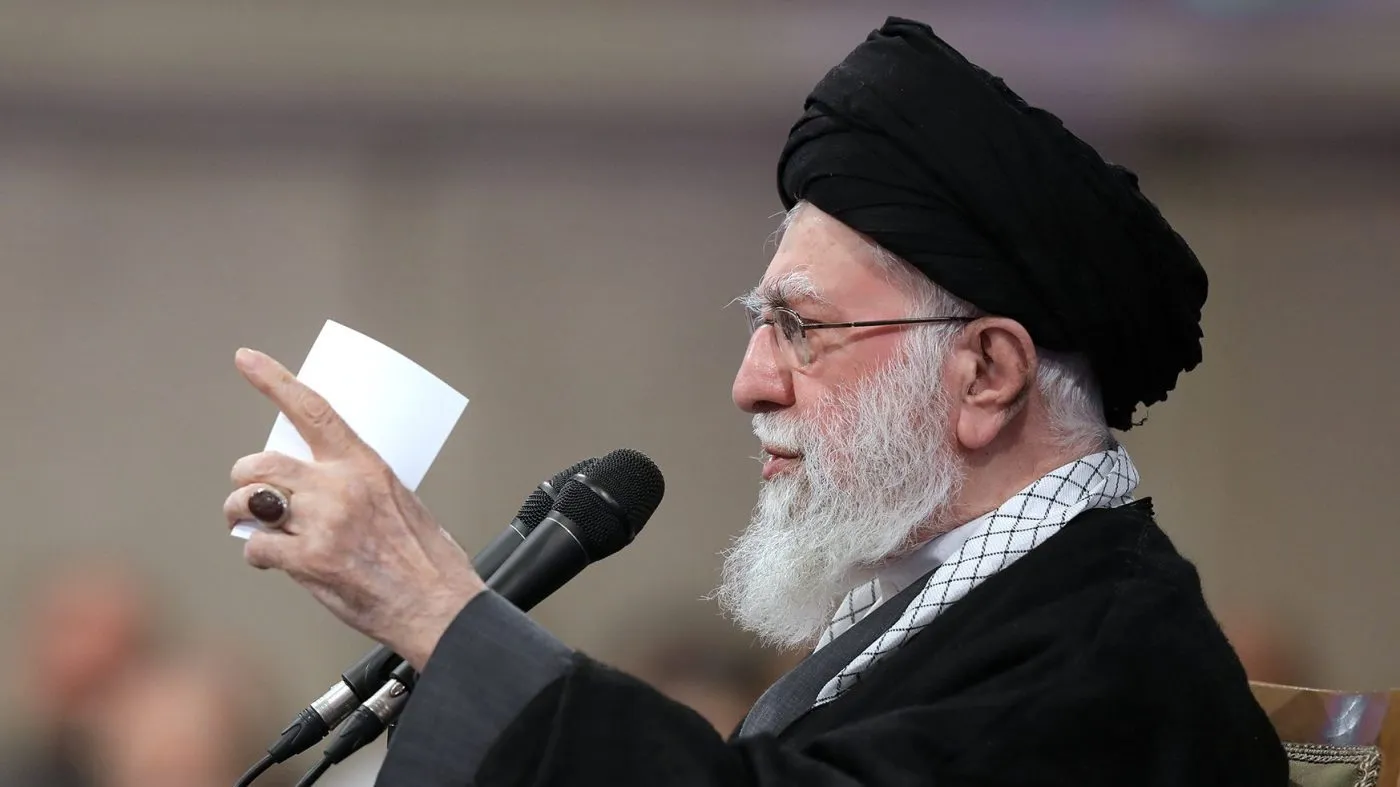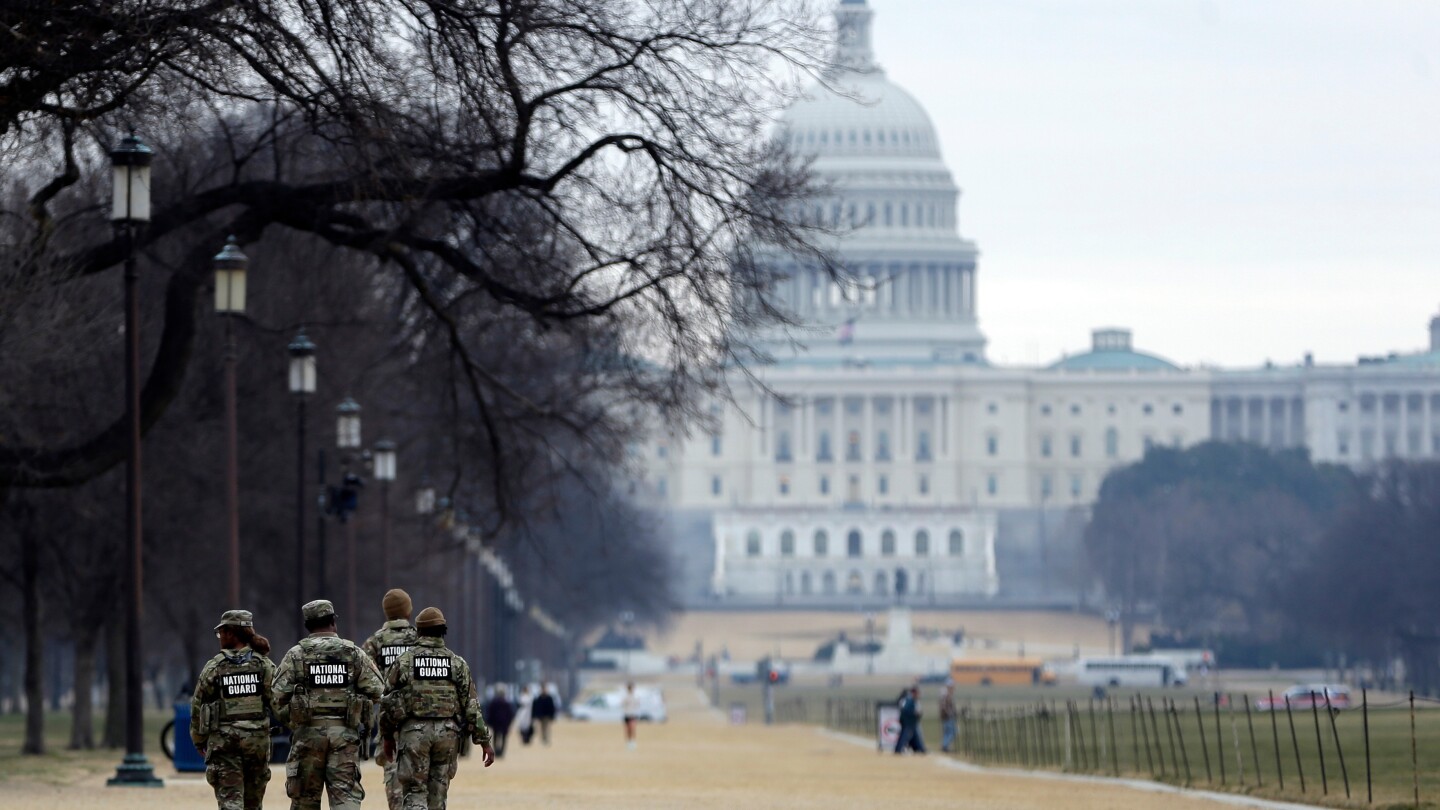With the Biden administration essentially pausing work on ceasefire negotiations to end the war in Gaza, Israel’s fresh assaults on Hezbollah in Lebanon this week are adding another layer of complication, making prospects for a near-term deal all the more difficult – if not impossible – at least while the bombs are falling.
In recent days, senior US officials had largely stopped making a vigorous push on the ceasefire negotiations, sources told CNN, having determined there is currently no political will on either side – Hamas or Israel’s – to end the conflict.
Even as President Joe Biden and top aides refuse to abandon the effort entirely, a senior Democrat close to the White House summed up the sentiment among some officials involved in those deliberations this way: “We can’t want this more than they want it.”
This person also cited a famous line from former Secretary of State James Baker, who in 1990 famously said in a message directed at the Israeli government about a Middle East peace deal: “When you’re serious about this, call us.”
Another quote circulating among American officials as they assess the stalled talks is George Mitchell’s description of the process that eventually brought about the Good Friday agreement in Northern Ireland: “We had 700 days of failure and one day of success.”
Ending the Gaza conflict is Biden’s top foreign policy goal as he nears the end of his one-term presidency, but the stalled ceasefire talks are threatening to sink the president’s other priorities in the Middle East.
With the clock ticking, Biden only made a perfunctory call for a ceasefire during his final United Nations address on Tuesday and planned to discuss the matter with foreign counterparts this week in New York.
US officials are still in the early stages of assessing the volatile situation in Lebanon and trying to make sense of whether Israel has a well-defined end-goal when it comes to its northern neighbor. In the immediate aftermath of Israel’s covert attacks that exploded thousands of pagers and walkie talkies across Lebanon targeting Hezbollah operatives, the administration was working to determine how much the group’s capabilities had been degraded as a result.
Absent a clear strategy from Israel, they are left hoping Israel’s onslaught might force Hezbollah to the table while avoiding any miscalculation that triggers a regional war.
American officials see the two conflicts — in Gaza and now in Lebanon — as difficult to separate, despite Israel’s insistence that it sees them as distinct issues.
“It’s a bit of a false dichotomy to suggest that any of these pieces are completely separable from the mass,” a senior State Department official said Monday. Each of them has a logic and set of dynamics to itself, but they are mutually reinforcing in many ways.
“So, what we’re trying to do is, even as we continue to try to get at the core conflict that has created so much suffering over the last year, we are equally focused on ensuring that this conflict does not expand, does not intensify and engulf the entire region,” the official said.
Some inside the Biden administration believe a change in approach could help hasten the end of the conflict, including bypassing the three-phase deal currently being discussed and moving to a new effort that would lay out in one go the conditions both parties would need to agree to stop fighting.
No Plan B right now
But there are no indications the US is actively preparing to push for any Plan B for the time being.
In fact, there are currently no known plans for some of Biden’s top national security deputies who have made countless treks to the Middle East over the last year to try to facilitate a ceasefire and hostages deal – including CIA Director Bill Burns, Secretary of State Antony Blinken or White House Middle East coordinator Brett McGurk – to visit Israel with that goal in mind.
When Blinken was last in the region earlier this month, his trip notably omitted a stop in Israel. And it’s been more than a month since Biden last spoke with Prime Minister Benjamin Netanyahu, and he doesn’t plan to meet with the Israeli leader when he comes to the United States this week for his own UN speech.
Some US officials are concerned that the week of speeches in New York could further inflame tensions, but they are also actively working to setup meetings on the sidelines that could drive forth ideas to end the conflict.
Biden’s speech at UNGA Tuesday contained no new proposal for breaking the logjam but claimed that a diplomatic solution is still possible. American officials continue to describe the talks as essentially moribund, with political will lacking on either side to reach an agreement. An American-drafted “bridging proposal” has yet to be formalized for presentation to Biden or either of the parties in the talks.
“There have been difficulties and setbacks. We’ve had challenges getting the prime minister across the line. We’ve had challenges getting Hamas’ leader, Sinwar, across the line. But we’re determined to keep at it,” said Biden’s national security adviser Jake Sullivan on Tuesday on MSNBC.
“We stay up nights trying to figure out a way to get across the line on this ceasefire and hostage deal. And we have spoken out directly about our concern when we’ve seen the prime minister not take steps that we think are necessary to get to that deal,” he said. “At the moment, I would say the biggest challenge is actually that Hamas and Sinwar don’t want to do a deal. But if they do, if, if they’re prepared to come to the table, it’ll be incumbent on us to get the prime minister to the table and close this thing out.”
As US officials increasingly acknowledge what appears to be the increasingly likely possibility that a ceasefire will not materialize before Biden’s term ends in January, they also accept that that means the president will not see a landmark Saudi Arabia-Israel normalization deal agreed before he leaves office.
Unlike in last year’s UN speech, Biden made no mention of the possibility of Saudi Arabia recognizing Israel, which could transform the region, in his address.
That likely leaves it to the next president to either continue pursuing such an arrangement or to head in a different direction. Vice President Kamala Harris has frequently cited the importance of reaching a ceasefire and hostage deal but hasn’t detailed any new approach in reaching an agreement.
“Ultimately the thing that is going to unlock everything else in that region is getting this deal done,” she said last week. “I’m not going to disclose private conversations, but I will tell you I’ve had direct conversations with the prime minister, with the president of Israel, with Egyptian leaders and with our allies, and I think we’ve made ourselves very clear this deal needs to get done.”
Still, if the window for a ceasefire and hostages deal before the end of Biden’s presidency is slowly closing, US officials insist there is always the possibility of an unexpected turn of events in the Middle East that could quickly shift the narrative.
The death of Hamas leader Yahya Sinwar is seen as one of the biggest potential game changers. Israeli and American officials alike would heavily celebrate the outcome, and Sinwar’s killing is perhaps among the most widely discussed singular events that has the best shot of prompting an abrupt end to the war.
It has been a few weeks since Sinwar last responded to messages from mediators looking to secure a hostage deal, but American officials have not received updated information about his condition.




